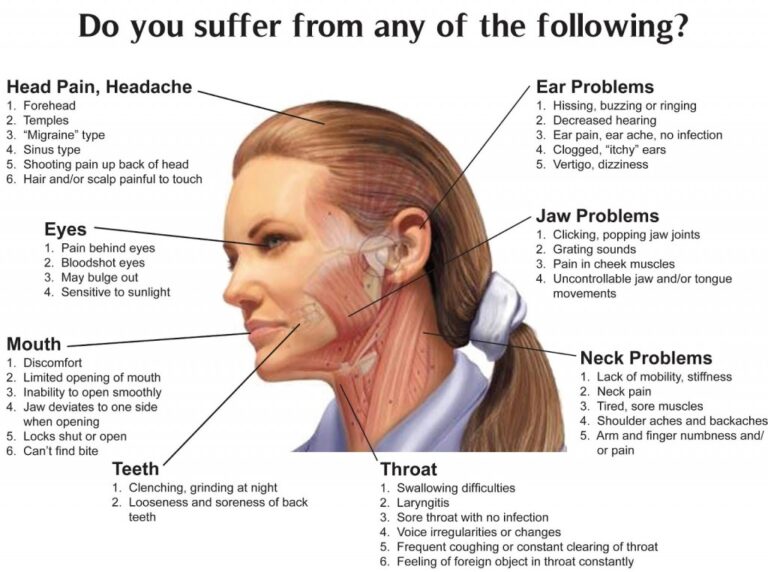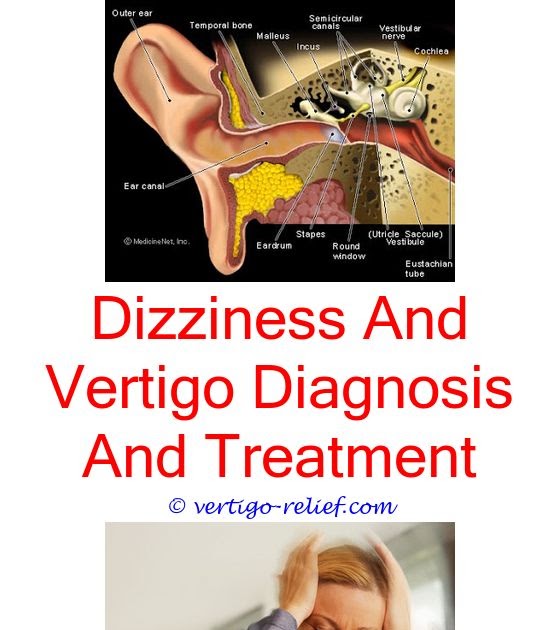What Can Cause Ear Pain And Headache
Bruxism and TMJ (temporomandibular joint dysfunction) are dental conditions that can cause significant discomfort and pain in the face, head, and neck. These conditions are often interrelated, with bruxism being a common cause of TMJ. Houston teeth grinding treatment is available for individuals suffering from these conditions.
What is Bruxism?
Bruxism is the clenching or grinding of teeth, often unconsciously, and can occur both during the day and at night during sleep. This condition is common in children but can also affect adults and has a range of causes, including stress, anxiety, sleep disorders, and misaligned teeth.
Some of the common signs and symptoms of bruxism include:
- Worn or chipped teeth
- Jaw pain or stiffness
- Headaches
- Earache
- Facial pain
- Neck pain
- Sleep disruption
If left untreated, bruxism can cause significant damage to teeth and increase the risk of developing TMJ.
What is TMJ?
TMJ is a disorder that affects the temporomandibular joint, which connects the jawbone to the skull. This joint is essential for speaking, eating, and facial expressions, and any disruption to its function can cause significant discomfort.
The causes of TMJ are varied and can include injury, arthritis, misaligned teeth, and bruxism. The most common symptoms of TMJ are:
- Pain in the jaw, ear, or face
- Jaw clicking or popping
- Difficulty opening or closing the mouth
- Headaches
- Neck and shoulder pain
- Ringing in the ears
TMJ can be treated with a range of options, including medication, physical therapy, splints or braces, and surgery in severe cases.
How Are Bruxism and TMJ Related?
Bruxism often leads to TMJ due to the constant pressure placed on the joint and surrounding muscles. The clenching and grinding of teeth can cause the jaw muscles to become overworked and tense, leading to inflammation and pain in the jaw joint.
In addition to causing or aggravating TMJ, bruxism can also lead to worn or damaged teeth, which can compromise dental health. Houston teeth grinding treatment can help alleviate symptoms of bruxism and prevent the development of TMJ.
What Are the Treatment Options?
There are various treatments available for bruxism and TMJ, depending on the severity and underlying cause of the condition. In mild cases, lifestyle changes such as avoiding caffeine and alcohol and practicing stress-reducing techniques such as meditation or yoga can be effective.
For more severe cases, dental devices such as splints or mouthguards can be used to alleviate symptoms of bruxism and protect teeth from the damaging effects of grinding or clenching. Physical therapy and exercises to strengthen the jaw muscles can also be beneficial, as well as medications such as muscle relaxants or pain relievers.
In rare cases, surgery may be necessary to correct underlying structural abnormalities or joints that have been severely damaged.
Conclusion
Bruxism and TMJ are common dental conditions that can cause significant discomfort and impact daily life. Seeking Houston teeth grinding treatment can provide relief from symptoms and prevent the development of long-term complications such as damaged teeth and chronic pain.
If you are experiencing any of the signs or symptoms of bruxism or TMJ, contact your dentist to discuss treatment options and alleviate discomfort.
Sources

"Bruxism Signs and Symptoms." Bruxism Signs and Symptoms | Colgate Oral Care, Colgate Palmolive Company, www.colgate.com/en-us/oral-health/conditions/bruxism/bruxism-signs-and-symptoms.

"TMJ Disorders." Mayo Clinic, Mayo Foundation for Medical Education and Research, 8 Aug. 2017, www.mayoclinic.org/diseases-conditions/tmj/symptoms-causes/syc-20350941.